Essential Businesses during the MCO

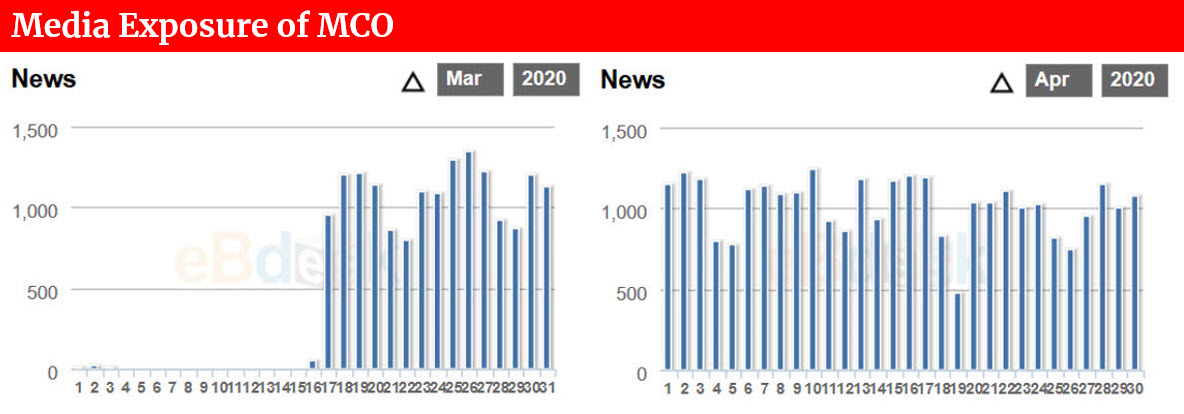
Due to the second wave of Covid-19 outbreak in Malaysia, the government decided to enforce the Movement Control Order (MCO) as a countermeasure.
Consequently, majority of the businesses in the country were force to shut down during the MCO period.
The economy activity in the country has been heavily impacted by the MCO as the MCO lasted for almost two months, lasting from March 18 to May 3.
Then, on May 1, Prime Minister Tan Sri Muhyiddin Yassin made the sudden announcement that the country would proceed with the next phase of MCO, known as Conditional Movement Control Order (CMCO), starting from May 4.
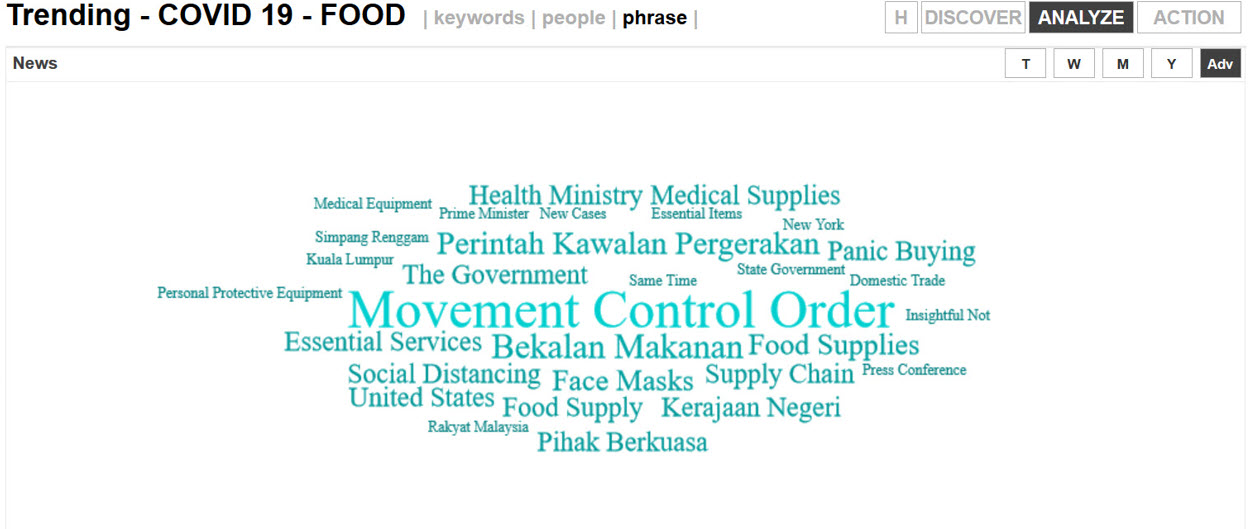
Throughout the MCO, the businesses for groceries boomed as they are allowed to operate. People started to stock up on their supplies of essential goods, leading to the increase in sales for grocery stores.
Additionally, Malaysians opted to cook at home during the MCO period as it is cost-efficient.
The supply chain for the essential goods were also stable with control price. Sales were conducted in an orderly manner. Panic buying was prevented, leading to a more consistent sales in the upcoming months for grocery stores.
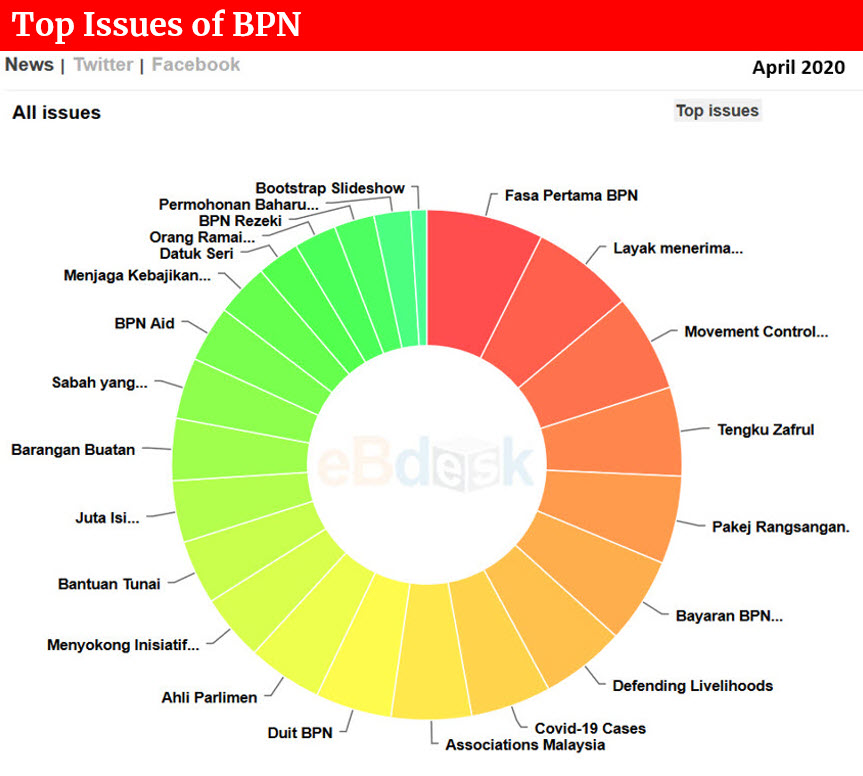
The Prihatin cash handout also enables Malaysians to conduct their essential goods purchase during the MCO.
In general, Malaysians have become more wary in their spending and prioritise on essential goods.
On the other hand, food and beverage (F&B) industries were also allowed to operate during the MCO, but does not experience the same outcome as the grocery stores.
Dine-in is not allowed for the F&Bs, leading to a drastic decline in business. It would deeply affect usual hangout spots like mamak restaurants, café, bar and etc.
Besides, Malaysian have also opt for home cooking instead of eating out, because of cost-efficiency and to practice social distancing.
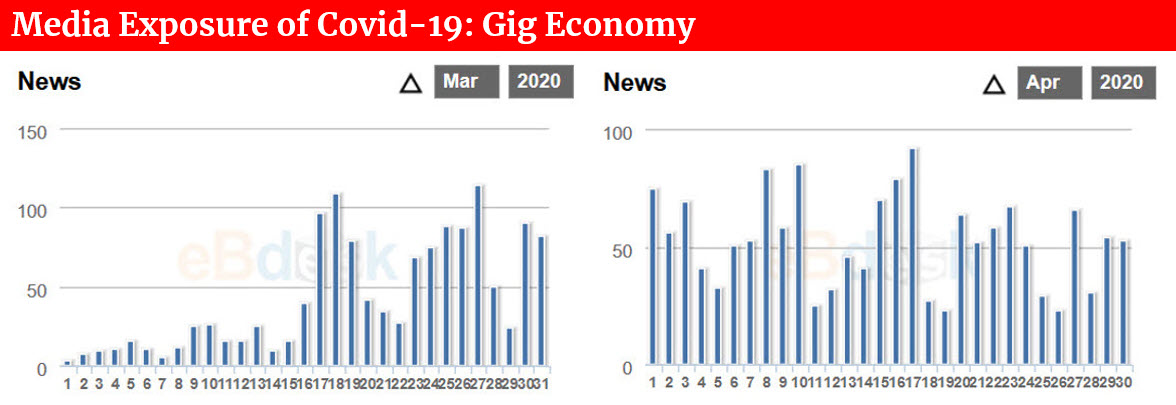
During the hard times, the F&Bs have been supported by the e-hailing and delivery sector, able to attract people to purchase food through delivery service.
Yet, it still does not match-up to the time before MCO. F&B that focus on selling snacks rather than a wholesome meals tend to suffer more.
During CMCO, majority of the states still does not allow dine-in at restaurant. For the exception, Penang state government allows dine-in in the state starting from May 18.
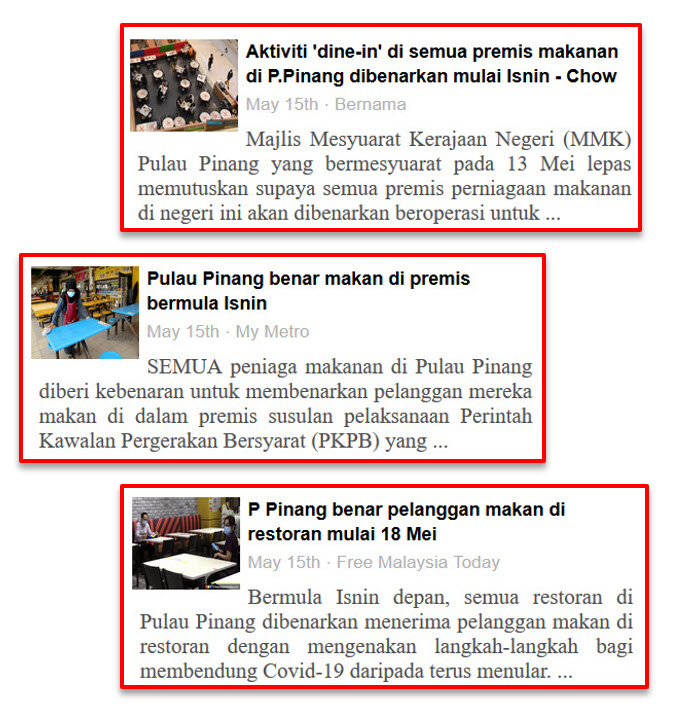
The dine-in initiative could slightly improve the F&B businesses, however the SOP of prohibiting mass gathering would still disrupt their businesses.
Meanwhile, the fasting month of Ramadan would also lead to a decline in customers. Plus, F&B could no longer get the same response from its customers for their ‘buka puasa’ deals like buffet which the dine-in experience is crucial.
Overall, not all businesses that sell essential goods are benefited from the Covid-19 pandemic.

